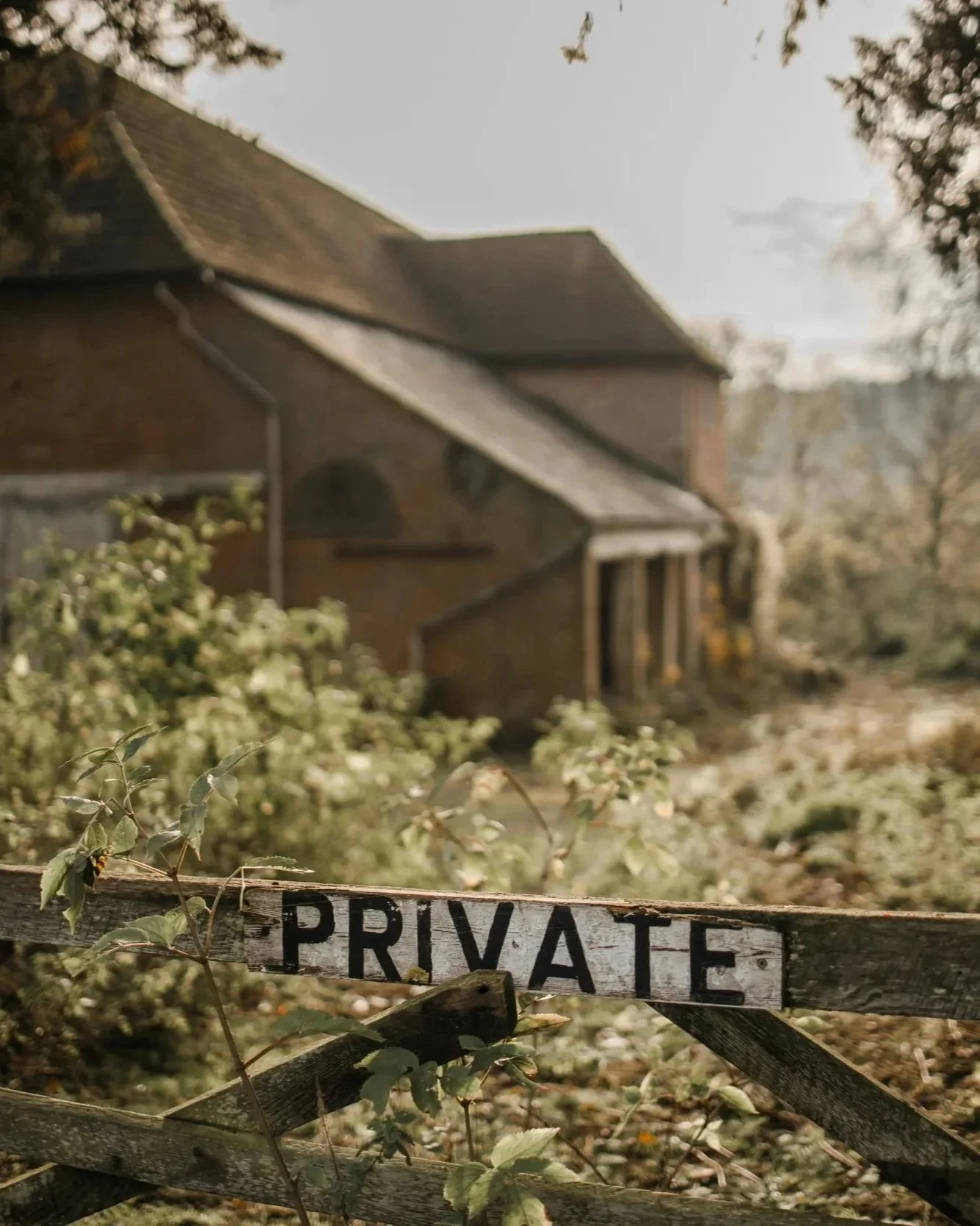Dealing with Hidden Assets in Divorce Proceedings
Divorce is already a challenging process that affects everyone involved emotionally, financially and logistically. But when one party attempts to conceal assets or financial information, it adds a layer of complexity that can seriously undermine a fair property settlement.
In Australia, both parties have a legal duty to provide full and frank financial disclosure during divorce proceedings. Hiding assets is unethical in the first place, but it’s also a breach of the law, and courts do take it seriously. Having a specialised divorce lawyer involved can be a significant help in, firstly, making sure that neither party is hiding assets, and secondly that there aren’t any assets being hidden by a genuine mistake or lack of understanding.
What Are Hidden Assets?
Hidden assets refer to any property, income or financial resource that one party intentionally fails to disclose during a divorce or separation. This could include:
Undisclosed bank accounts or cryptocurrency
Property transferred to family or friends
Under-reported income or business earnings
Misrepresented debts
Assets held through companies or trusts
The Family Law Act 1975 (Cth) and the Federal Circuit and Family Court of Australia (Family Law) Rules 2021 require both parties to disclose all financial interests. This includes property held in their own name, jointly, or even in someone else’s name if they control or benefit from it.
Common Tactics to Conceal Assets
Some of the more common strategies used to hide assets in Australian divorce cases include:
Transferring funds to offshore accounts
Gifting large sums to relatives with the intention of retrieving them later
Transferring assets to someone else, for example cars
Delaying bonuses or contract payments
Hiding business income by manipulating invoices or under-declaring earnings
Purchasing valuables like artwork or jewellery that can be easily moved or resold
Although these tactics may seem clever, they often leave a trail. With the right legal and financial support, they can be detected and reversed.
Legal Tools to Uncover Hidden Assets
Disclosure Obligations
Each party must provide a sworn financial statement and supporting documents early in the property settlement process. This includes bank statements, tax returns, superannuation details, loan documents, and evidence of income.
Subpoenas
If one party refuses to disclose information, the court can issue subpoenas to third parties, including banks, employers, accountants or real estate agents, to provide relevant documents.
Forensic Accountants
In complex cases involving businesses, trusts or large portfolios, a lawyer can work with forensic accountants that can trace funds and identify irregularities. They’re particularly useful in uncovering unusual transactions or valuation discrepancies.
Remedies Available Under Australian Law
When the court is satisfied that one party has deliberately hidden assets, several legal remedies are available:
1. Adjustments
The court can consider expenditure and make an adjustment in favour of the innocent party as part of the overall property settlement by way of a percentage adjustment.
2. Setting Aside Transactions or Declaration of Trusts
Under section 106B of the Family Law Act, the court has the power to set aside transactions designed to defeat a property claim or declare trusts. For example, if one party sold a car to a friend for $1 to keep it out of the asset pool, the court can reverse that transaction. The court can also declare that the friend who received the car holds the car on trust for the benefit of the separated parties.
3. Reopening a Settlement
If hidden assets are discovered after a settlement has been finalised, the court can revisit the original orders in certain circumstances, particularly if the non-disclosure was deliberate and material.
Consequences of Hiding Assets
Trying to hide assets during a divorce is a serious offence under Australian family law. The consequences may include:
Costs orders – The dishonest party may be required to pay the legal costs of the other side
Adverse credibility findings – The court may view the non-disclosing party’s evidence with suspicion, affecting the overall property division
Altered property settlements – The court may award a greater share of the property pool to the innocent party
Contempt of court – In extreme cases, hiding assets may lead to contempt proceedings, fines, or even imprisonment
What To Do If You Suspect Hidden Assets
If you believe your former partner is hiding assets, you should:
Seek legal advice early – A family lawyer can guide you through disclosure rules and evidence-gathering.
Collect financial records – Look for unusual withdrawals, new credit cards, business transactions or changes in asset ownership.
Request subpoenas or further disclosure – Your lawyer can apply for court orders if cooperation is lacking.
Engage a forensic accountant – Particularly if businesses, family trusts, or offshore assets are involved.
Transparency is the foundation of a fair settlement. If one party breaks that trust, the law provides ways to uncover the truth and rebalance the outcome.
Hidden assets can derail a fair and equitable property settlement, but Australian family law is well-equipped to deal with such situations. The courts take non-disclosure seriously and have a broad range of powers to remedy unfair conduct.
If you're going through a separation or divorce and suspect financial dishonesty, don’t wait for it to unravel on its own. Early legal intervention can protect your interests, uncover the truth, and ensure you receive a just outcome.
For tailored advice or support with financial disclosure, speak with your local family lawyer in Campbelltown. Their experience in complex property matters and the Campbelltown area and legal environment can be invaluable to your case.


